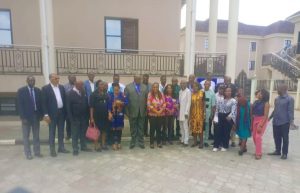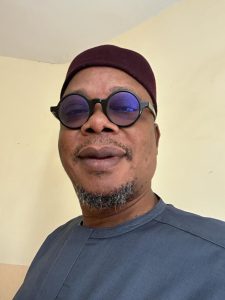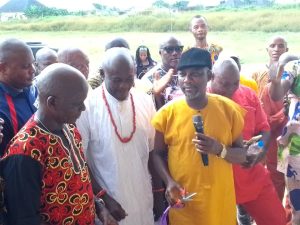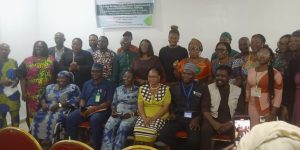CLEEN Foundation holds Two Days Workshop on Gender accountability and transparency in the Administration of Criminal Justice Regime
3 min read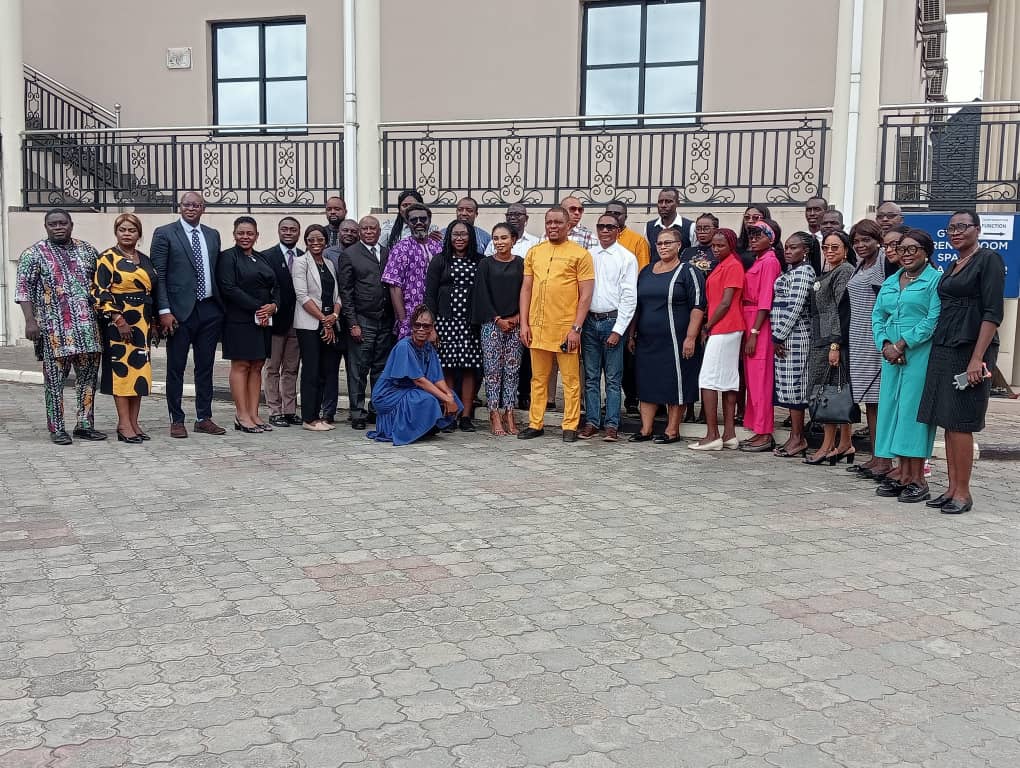
CLEEN Foundation holds Two Days Workshop on Gender accountability and transparency in the Administration of Criminal Justice Regime
By Adesuwa Louisa
The Executive Director of CLEEN Foundation, Mr Gad Peter at a two day policy dialogue on Gender accountability and transparency in the Administration of Criminal Justice Regime held in Benin City, Edo State on 17th and 18th September 2024, described the administration of criminal justice as a cornerstone of any society, providing the framework for the rule of law, protection of rights, and upholding of public trust.
The Executive director who was represented by Mr Ebere Mbaegbu also noted that Gender equality in criminal justice was not just a matter of fairness but also essential for the credibility effectiveness of the system. Women and individuals from marginalized genders often face unique challenges and biases within the criminal justice process.
When the processes and decision of criminal justice are transparent, they invite scrutiny, encourage fairness, and deter misconduct. Transparency ensures that justice is not only done but is seen to be done, maintaining the public’s trust in our legal institutions.
In his goodwill message, The Attorney General of Edo State, Osaze-Uzzi who was represented by Mrs. Charity Chris-Ebosele, Director, Citizens Righs Department, Edo State Ministry of Justice, reaffirmed his commitment to supporting initiatives that promote gender equality, accountability, and transparency in the justice system.
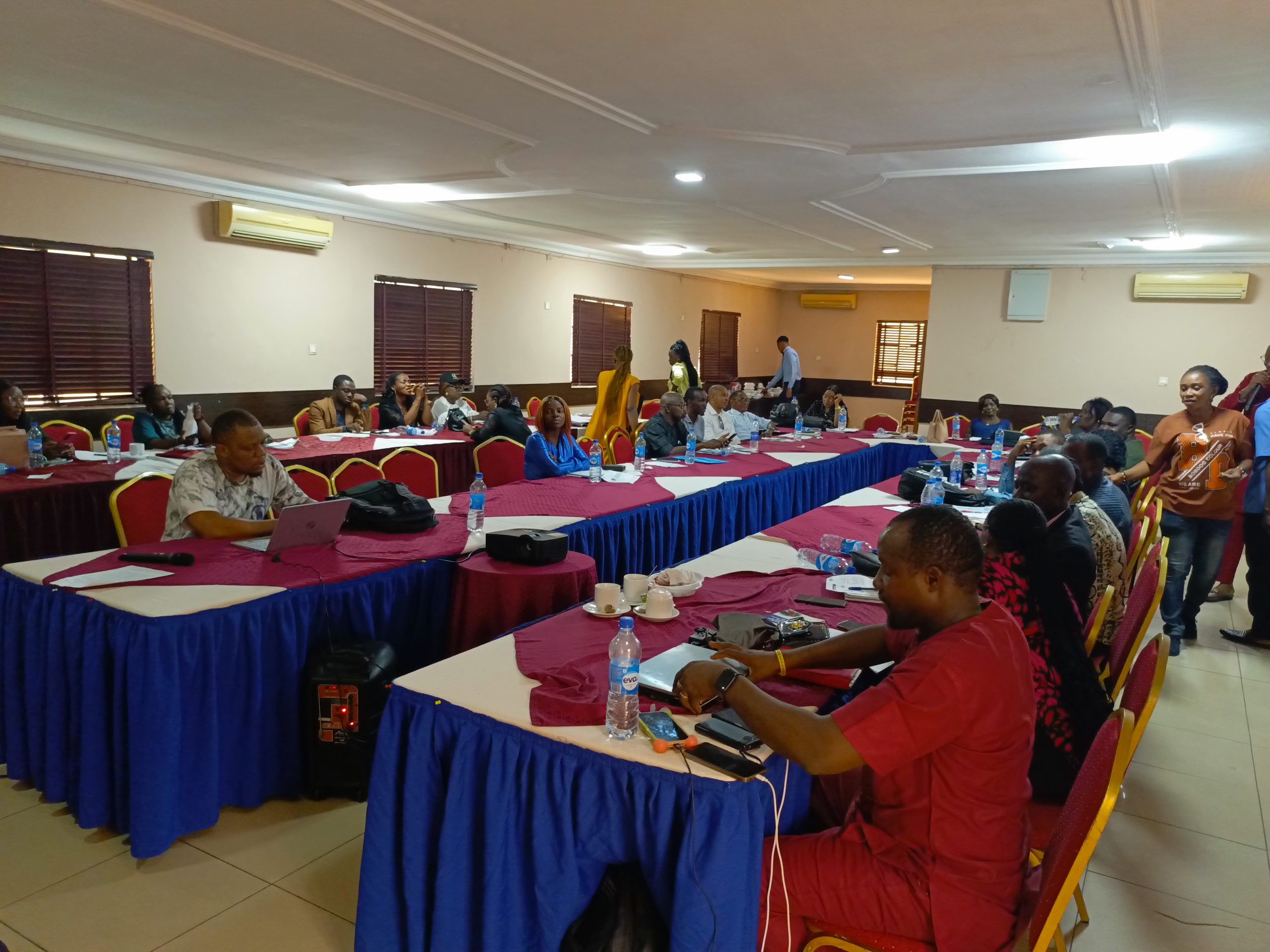
The Attorney General recognizes the significance of this initiative in promoting gender equality, accountability, and transparency in our criminal justice system, which is a critical component of our democratic governance.
He is committed to ensuring that our justice system serves all citizens equally and justly, without discrimination or bias, and that it responds effectively to the needs of all Nigerians, particularly vulnerable populations.”
In her Goodwill Message, the Honourable Commissioner of Women Affairs and Gender Issues, Hon. Mrs Christabel Omoh- Ekwu representated by Kesiena Oghenekeno Saibu, Social welfare department commended the organizers for their dedication to the cause and urged all participants to engage in productive discussions, share valuable insights, and explore innovative solutions that will enhance the implementation of the Act.
Princess(Mrs) Esosa Osula, Director Policy, Planning, Research and Statistics/ Secretary Administration of Criminal Justice Monitoring Committee (ACJMC) encouraged every stakeholder to leverage on this platform to identify best practices, address challenges, and foster collaborations that will strengthen the justice system and promote sustainable development.
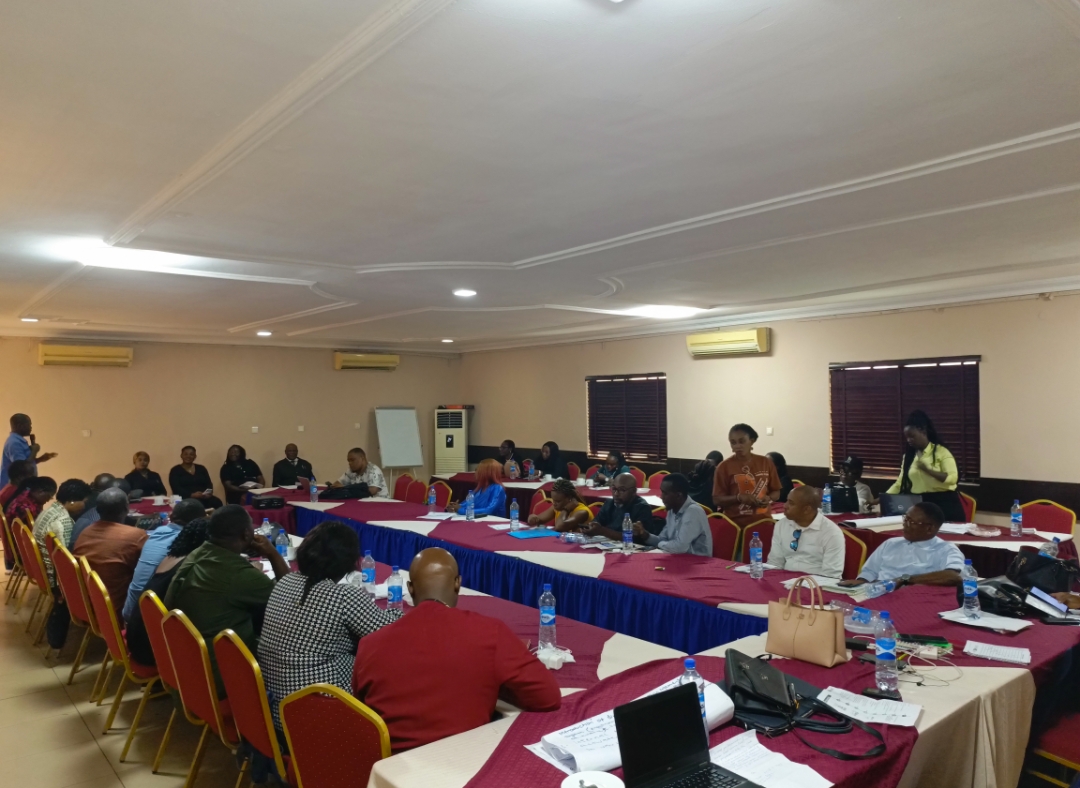
Dr Bright Oniovokukor emphasized the importance of a multi-stakeholder approach in achieving these goals and called for the active participation of all stakeholders, including government agencies, civil society organizations, academia, and the private sector.
The Chairperson NAWOJ Edo State, Adesuwa Ehimuan encouraged women to speak up when there are involved in abusive relationship.We need to make sure that the justice system is transparent, properly enforced, and survivor-centered.
During the discussion segment, the panellists were able to figure out how to improve the frameworks to create a justice system that truly delivers for everyone.
How well are the current laws and policies holding people accountable when it comes to gender-based violence? While some good frameworks are in place, we need to ask: Are they really working for survivors?
1. How well are current policies working? – Are survivors getting the support and justice they deserve? Are these policies being enforced as they should be?
2. Where are the gaps? – We know that many challenges still exist. Survivors face delays in getting justice, some cases go unreported, and support systems are often lacking. These are critical gaps that need fixing.
3. How can we improve? – We need to make sure that the justice system is transparent, properly enforced, and survivor-centered. This means thinking about reforms that actually work in practice, especially for vulnerable communities.
Highpoint of the two days seminar was the discussion segment, question and answer segment and group photography by participants.


